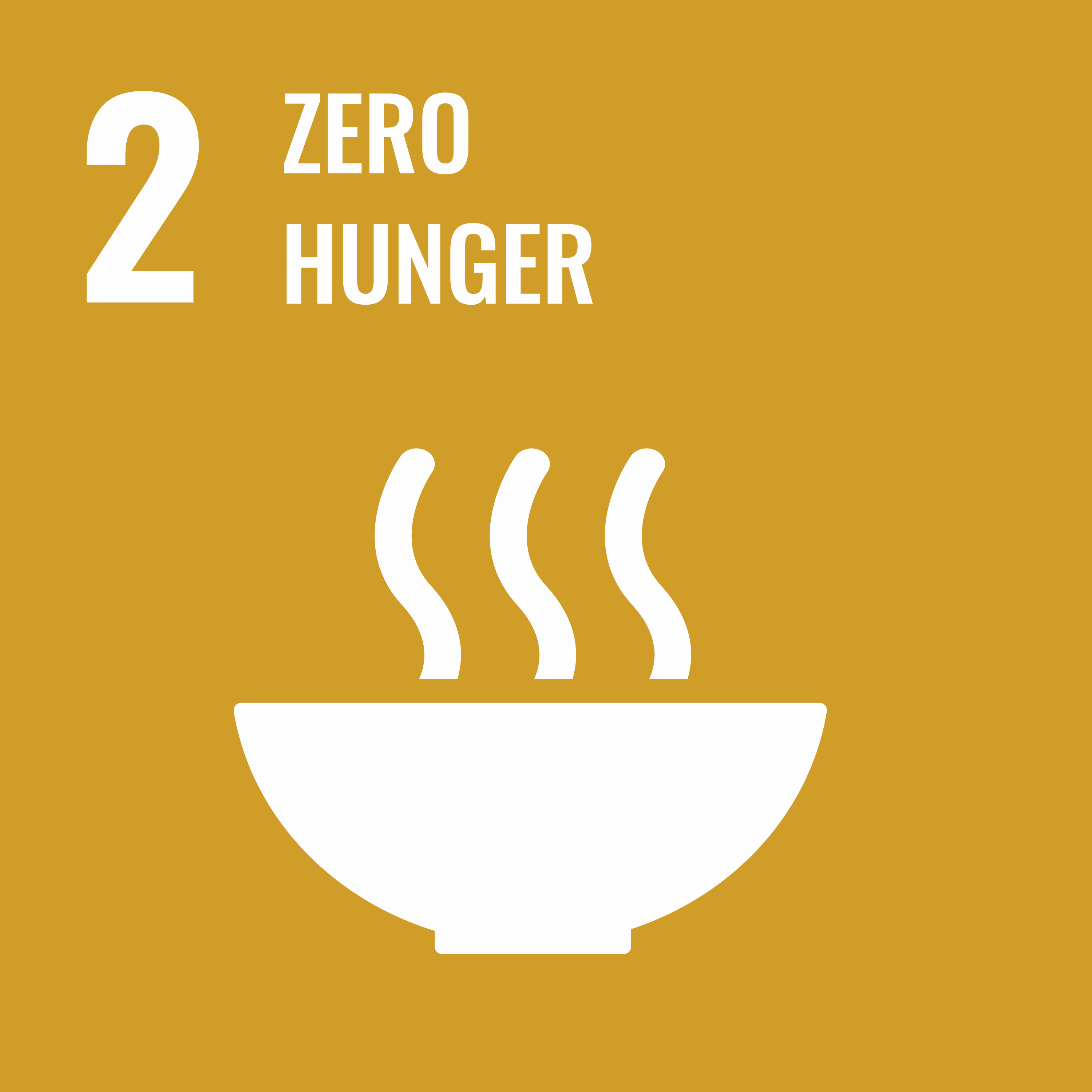FERMENTED ALGAE AS FEED ADDITIVES
Improving bioavailability of phytochemicals for animal health

Algae meal and extract
Picture: Lea Karlsberger

Bioreactor for fermentation
Picture: Alice König

Cell culture study
Picture: Georg Sandner
The growing demand for animal products increased public concerns about animal welfare, food and consumer safety and sustainable livestock production. The ban of antimicrobial growth promotors (AGPs) in animal production in the EU resulted in an intensive search for natural, plant-derived alternatives for feed additives. Plants contain a broad range of secondary plant metabolites (“phytochemicals”) that have shown to possess biological effects and support intestinal health, growth performance and resilience against disease in farm animals when used as feed additives.
Over the last years, both terrestrial and marine plants such as macroalgae (seaweeds) have attracted attention as they are a rich source of bioactive compounds that possess a broad spectrum of health-promoting effects including antioxidative, anti-inflammatory or antibiotic activity. Those bioactive molecules are mainly polyphenols that are present in plants in form of esters, glycosides, or polymers. In brown seaweed, the phytochemicals responsible for these effects are predominantly polyphenols called phlorotannins that can have high structural complexity and molecular weights.
The bioactivity of phytogenic feed additives depends on their bioavailability in the animal. However, the high degree of polymerization of phlorotannins limits their resorption in the intestine, thereby reducing health-promoting effects. Studies suggest that the high molecular weigth phlorotannins are poorly absorbed in the upper tract and go through colonic fermentation, resulting in the formation of lower molecular weight derivatives more likely to be bioavailable.
This project aims to investigate the mode of action of bioactive plant substances and to improve the bioavailability and physiological activity of selected polyphenols by biotransformation. Different plant extracts from land and sea will be analytically characterized and fermented in order to break down phenolic polymers into oligomers by microbial cleavage of linkages. The disruption of phlorotannin's chemical bonds is hypothesized to yield smaller, more bioavailable oligomers, potentially increasing bioactivity.
First, the bioactivity of unfermented substrates will be investigated in suitable in-vitro models regarding antioxidant capacity, immune modulation, and gut morphology. In the next step, microbial strains will be selected, and small-scale fermentation experiments will be performed to determine optimal parameters. Finally, the fermented vs. non-fermented materials are compared in order to assess feasibility and efficiency of fermentation to increase biological activity of plant-based feed additives.
Lead Researcher:
FH-Prof. Priv.-Doz. Dr. Julian Weghuber
FFoQSI Area Leader GREEN
Head of Department
Food Technology and Nutrition, University of Applied Sciences Upper Austria
julian.weghuber@fh-wels.at
+43 5 0804 44403
www.fh-ooe.at

